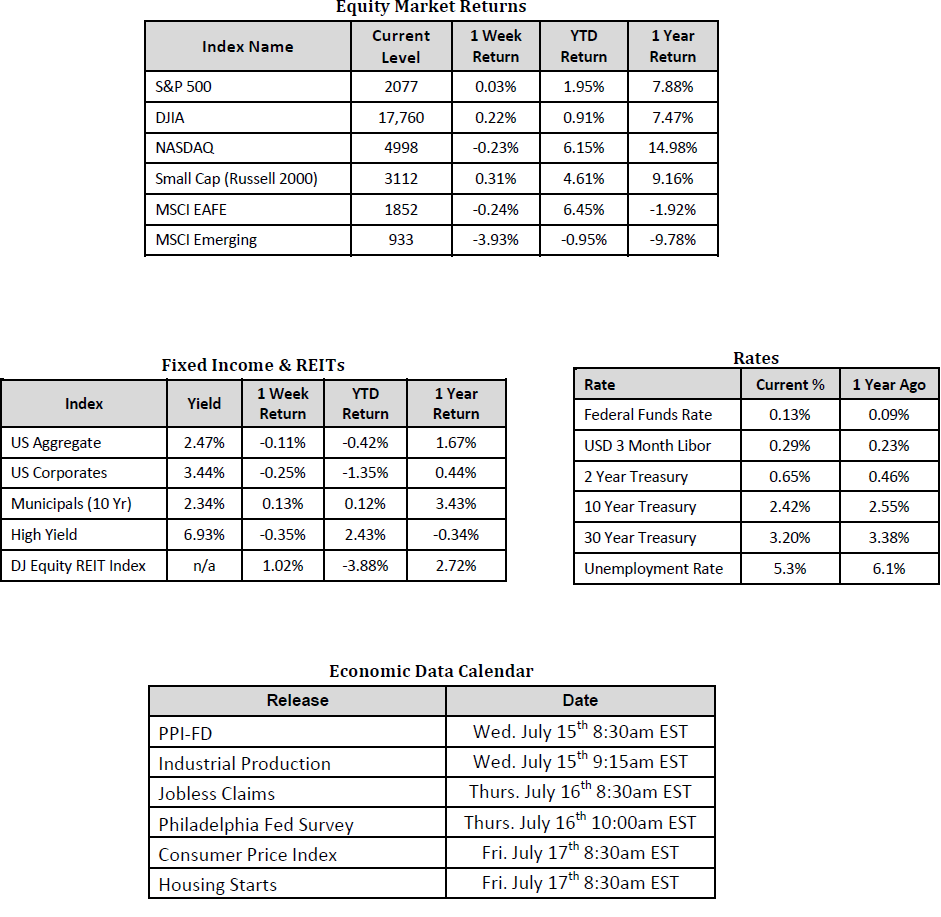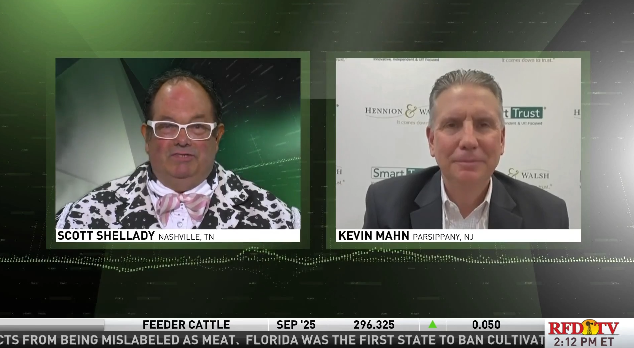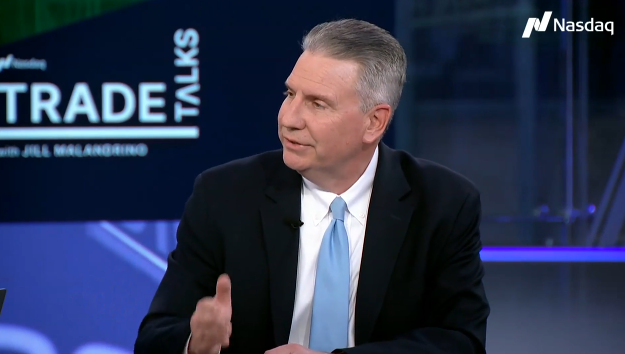
Deals in Greece and Iran Send Stocks Higher and Oil Lower
Market Overview
Happening Now
After a month of uncertainty regarding the future of Greece in the Eurozone, it appears that a deal to bail out the indebted nation is now within reach. The proposal includes a $94B loan in exchange for austerity measures very similar to the ones the Greek people voted down in last week’s infamous referendum. Stocks around the world welcomed the news, with the Stoxx 50 gaining 1.7%, the French CAC 40 gaining 1.9%, and the German DAX gaining 1.5% during Monday’s trading. The Greek parliament still needs to approve the terms of the proposal before the aid can be unlocked. Given the backing of leftist leader Tsipras and the lack of an alternative that keeps Greece in the Eurozone, it appears that the approval will be granted. While this may very well be akin to kicking the can down the road yet again, having certainty, if only over the short term, is something that the markets will appreciate.
Also moving the markets this week is the nuclear deal, two years in the making, which was reached between Iran and the U.S. The polarized commentary surrounding the geopolitical implications of the deal aside, the potential for Iran to begin exporting oil and, in turn, adding supply to the global markets is sending the price of oil lower. Once sanctions are lifted, which would not be until Iran complies with certain terms of the agreement, Iran’s oil minister estimates they will be able to begin exporting 500,000 barrels a day with the potential to increase that amount to 1 million barrels per day within six months, according to Bloomberg’s Grant Smith. Brent Crude fell 1.9% for the week* as of the time of this writing, continuing a downward trend that commenced at the beginning of July. Concerns of a global economic slowdown led by China, combined with the potential for the Iranian nuclear deal, have caused Brent Crude to fall 9.4% since the end of June to now trade at $57.21 a barrel.
Whether you are looking at Equities, Fixed Income, Commodities or Currencies, volatility certainly has reared its head this summer. While this volatility presents opportunities for disciplined investors, it also leads to individuals becoming overly concerned with managing short term “headline” risk and ignoring the underlying fundamentals that drive returns over the intermediate to long term.
*Monday 7/13 – Tuesday 7/14
Sources: Equity Market, Fixed Income and REIT returns from JP Morgan as of 7/10/15. Rates and Economic Calendar Data from Bloomberg as of 7/13/15.
Important Information and Disclaimers
Disclosures: Past performance does not guarantee future results. We have taken this information from sources that we believe to be reliable and accurate. Hennion and Walsh cannot guarantee the accuracy of said information and cannot be held liable.
Investing in foreign securities presents certain risks not associated with domestic investments, such as currency fluctuation, political and economic instability, and different accounting standards. This may result in greater share price volatility. These risks are heightened in emerging markets.
There are special risks associated with an investment in real estate, including credit risk, interest rate fluctuations and the impact of varied economic conditions. Distributions from REIT investments are taxed at the owner’s tax bracket.
The prices of small company and mid cap stocks are generally more volatile than large company stocks. They often involve higher risks because smaller companies may lack the management expertise, financial resources, product diversification and competitive strengths to endure adverse economic conditions.
Investing in commodities is not suitable for all investors. Exposure to the commodities markets may subject an investment to greater share price volatility than an investment in traditional equity or debt securities. Investments in commodities may be affected by changes in overall market movements, commodity index volatility, changes in interest rates or factors affecting a particular industry or commodity.
Products that invest in commodities may employ more complex strategies which may expose investors to additional risks.
Investing in fixed income securities involves certain risks such as market risk if sold prior to maturity and credit risk especially if investing in high yield bonds, which have lower ratings and are subject to greater volatility. All fixed income investments may be worth less than original cost upon redemption or maturity. Bond Prices fluctuate inversely to changes in interest rates. Therefore, a general rise in interest rates can result in the decline of the value of your investment.
Definitions
MSCI- EAFE: The Morgan Stanley Capital International Europe, Australasia and Far East Index, a free float-adjusted market capitalization index that is designed to measure developed-market equity performance, excluding the United States and Canada.
MSCI-Emerging Markets: The Morgan Stanley Capital International Emerging Market Index, is a free float-adjusted market capitalization index that is designed to measure the performance of global emerging markets of about 25 emerging economies.
Russell 3000: The Russell 3000 measures the performance of the 3000 largest US companies based on total market capitalization and represents about 98% of the investible US Equity market.
ML BOFA US Corp Mstr [Merill Lynch US Corporate Master]: The Merrill Lynch Corporate Master Market Index is a statistical composite tracking the performance of the entire US corporate bond market over time.
ML Muni Master [Merill Lynch US Corporate Master]: The Merrill Lynch Municipal Bond Master Index is a broad measure of the municipal fixed income market.
Investors cannot directly purchase any index.
LIBOR, London Interbank Offered Rate, is the rate of interest at which banks offer to lend money to one another in the wholesale money markets in London.
The Dow Jones Industrial Average is an unweighted index of 30 “blue-chip” industrial U.S. stocks.
The S&P Midcap 400 Index is a capitalization-weighted index measuring the performance of the mid-range sector of the U.S. stock market, and represents approximately 7% of the total market value of U.S. equities. Companies in the Index fall between S&P 500 Index and the S&P SmallCap 600 Index in size: between $1-4 billion.
DJ Equity REIT Index represents all publicly traded real estate investment trusts in the Dow Jones U.S. stock universe classified as Equity REITs according to the S&P Dow Jones Indices REIT Industry Classification Hierarchy. These companies are REITSs that primarily own and operate income-producing real estate




